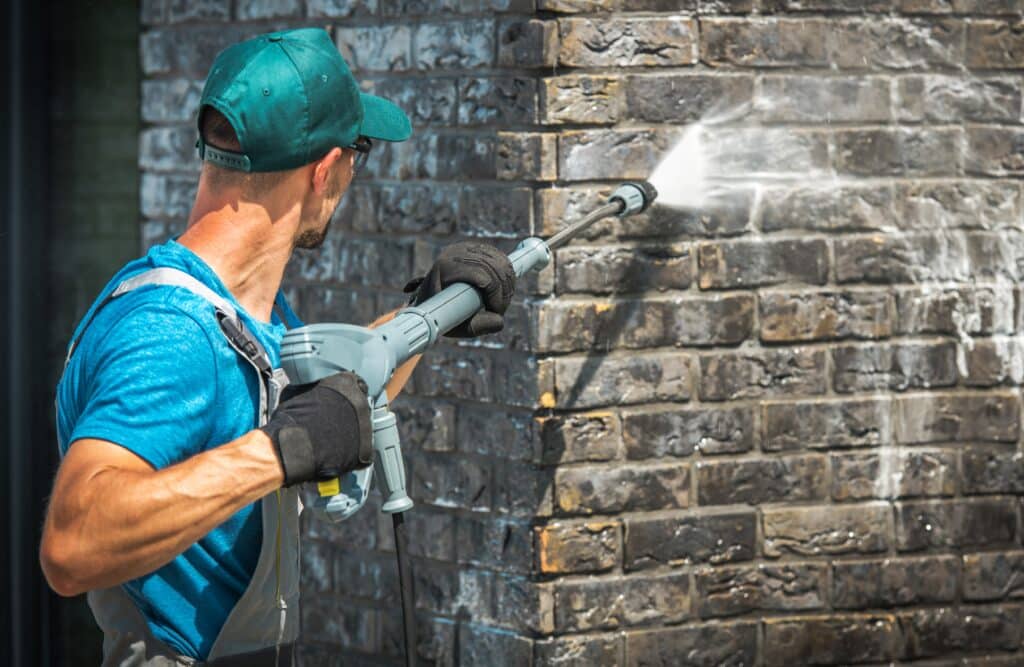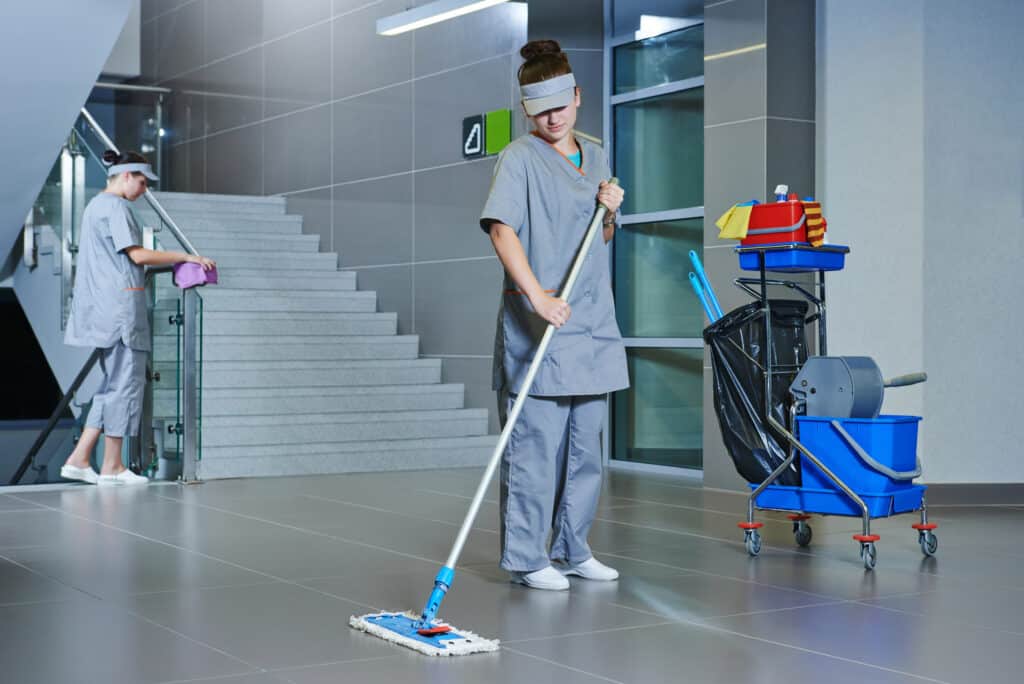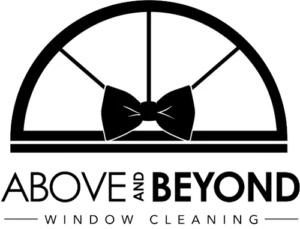
Pressure washing is a fantastic way to clean your exterior surfaces. Many people are wowed by the difference a simple pressure wash can make in their property’s curb appeal. As such, you may presume that it would be similarly wonderful for your building’s interior. However, while it makes sense that you would gawk at the results pressure washing does for your exterior surfaces, using a pressure washer indoors is a recipe for disaster.
Here’s what you need to know about why you shouldn’t use a pressure washer indoors.
#1. You’ll Damage Your Property
Pressure washers emit high-velocity water jets – much higher than you may expect. While this highly pressurized water is fantastic for cleaning exterior surfaces like your driveway, in the wrong hands and/or used on the wrong materials, you could end up causing extensive damage, rather than a nice, good clean.
Pressure washers are too intense for indoor use, unless you’re talking about cleaning the concrete floors inside of a warehouse or something like that. But for general residential and commercial use, using pressure washers inside will more likely than not damage your property. Interior surfaces are seldom robust enough to handle the high velocity water.
As an example, trying to pressure wash wooden or tile floors will likely result in structural damage. Interior surfaces are generally more sensitive and prone to damage, ergo making them not good candidates for pressure washing.
It’s best to leave the pressure washing to surfaces that can handle it. This means that unless you have a big industrial facility with robust surfaces inside it or something like that, you should not use a pressure washer indoors.
#2. Pressure Washing Is Dangerous
Many DIYers or people who don’t have experience with pressure washing greatly underestimate just how dangerous this task is. The water pressure washers emit is so highly pressurized that not only can it damage surfaces, it can cause severe injuries, like compartment syndrome. This is why using proper PPE while pressure washing is so important.
Additionally, according to the National Institute for Occupational Safety and Health (NIOSH), using a gas-powered pressure washer indoors can create a deadly carbon monoxide hazard. This increases the risk of carbon monoxide poisoning, fires, explosions, and structural damage.
#3. Significant Water Damage
If you use a pressure washer indoors, you may end up causing significant water damage to your property. It’s very easy for water to strip paint from wood and force its way into crevices and behind surfaces. The moisture can then result in mold, mildew, and rot, which will cost you quite a lot of money in repairs.
Pressure washing in general is a very wet job. Outside, this is fine, but when you’re indoors, even if you’re careful, you can expect overspray. While water outside can just run off, water inside has nowhere to go besides into the structure.
In order to avoid water damage, you want to steer clear of using a pressure washer indoors.
#4. Water + Electricity = Bad
Trying to use a pressure washer indoors also presents the unique challenge of trying to work around the many different electrical outlets, wiring, and lighting. Needless to say, water and electricity do not mix, so it is best to avoid this altogether.
Don’t Use A Pressure Washer Indoors: Stick To Traditional Cleaning Methods For Inside Your Home

If your home’s interior is dirty, it’s both easier and more efficient to stick to the tried and true methods, rather than trying to use a pressure washer indoors. This includes scrubbing, using a mop, steam cleaning, using chemical cleaners, and more. If your home is very dirty or you don’t have the time to keep it clean yourself, you can hire a cleaning service to come out and clean your home’s interior for you safely and professionally.
When it comes to your home’s exterior, though, pressure washing and soft washing are excellent ways to clean it up. Above & Beyond Window Cleaning provides professional exterior cleaning services, from pressure washing to soft washing to window cleaning and more. Contact us today to learn more about the services we provide and what we can do for you.

 781-346-9911
781-346-9911
